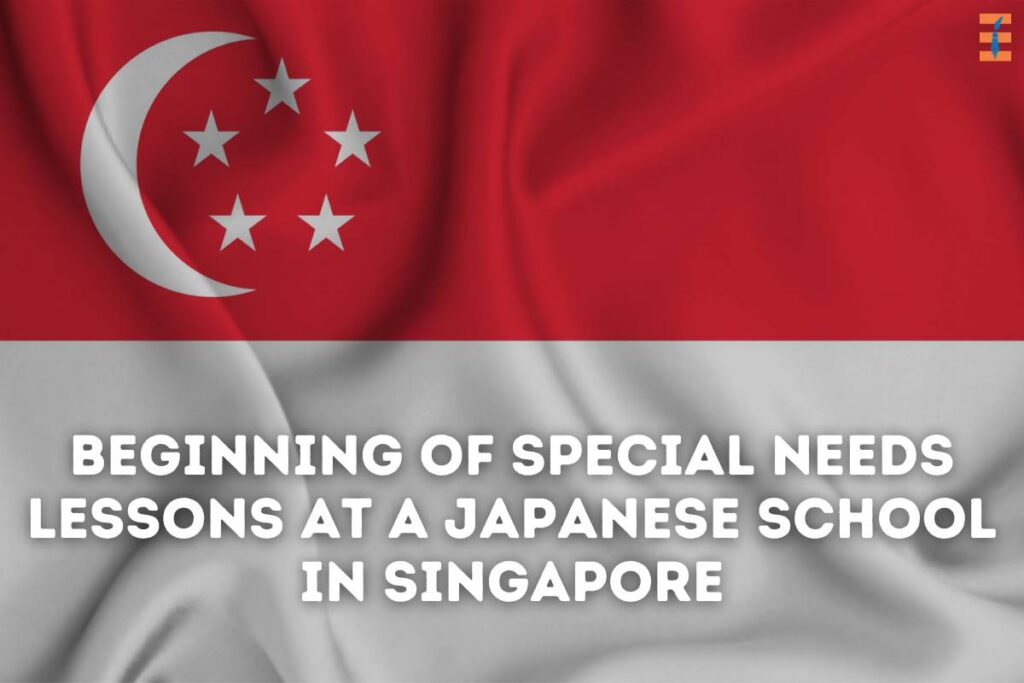As long sought after by Japanese expatriates in the Southeast Asian nation, the Singapore Japanese School has developed programmes for pupils with specific educational needs this academic year.
The institute received accolades from Masako Mori, a senior assistant to the Japanese prime minister, for becoming the first Japanese international school outside of Japan to offer such programmes only to junior high school pupils.
Mori, who campaigned to establish the Singapore classes, said that it will serve as a model for efforts to open similar programmes in other nations.
The Japanese School Singapore’s three-year secondary school has two classes for four students with intellectual disabilities and four pupils with behavioural concerns. Each class has a homeroom teacher and an assistant, and the system is managed by a special assistance education coordinator.
In the past, these kids who attended special lessons in the elementary school division of the Japanese School Singapore were left without any classrooms of their own at the secondary school. Some were compelled to visit their families in Japan.
Special Needs Lessons Taught to Elementary School Children in Japan
Due to parent calls, the secondary school started its sessions. Hiroyuki Tamura, the principal, expressed his hope that the new classrooms would serve as a spark for the Japanese School Singapore as a whole to become more inclusive.
According to the number of students with disabilities, Tamura intends to increase the number of these classes. The school will implement a new approach that will allow students in normal classes to receive personalised lessons catered to the types of their disability starting in the following academic year.
“A beautiful, sparkling classroom welcomed me as I walked into the school. I’m so happy about the new classes that I automatically get up at five every morning,” a new student exclaimed.
In order to guarantee public support for special needs education at schools for Japanese children residing abroad, Japan put into effect a law in June 2022. Mori contributed to the creation of the law.
With more than 10,000 pupils overall, there are 94 Japanese overseas schools spread across 49 nations and one region. The Japanese School Singapore is a larger facility with roughly 450 pupils in its secondary school alone, whereas 44 schools have fewer than 50 students each.

